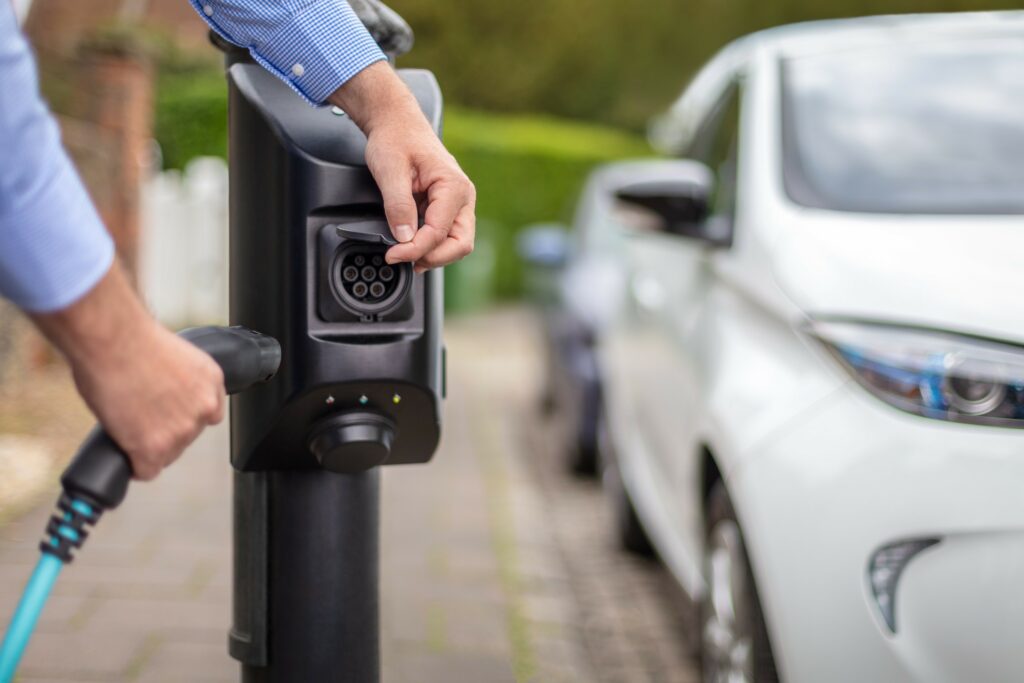On-street EV charging company Char.gy has confirmed it installed 500 chargepoints in the previous four weeks.
This provides a major boost to electric vehicle (EV) drivers without access to home chargers. On-street charging availability helps mitigate the charging disparity and allows everyone to benefit from access to an EV charger.
Char.gy confirmed this having announced it had completed its 2,000th lamppost EV charger on Monday (6 March) situated in Southwark. The company’s charging network is spread across 11 local authorities in London, Coventry, Leicester and Buckinghamshire.
The installation rates for Char.gy have increased adjacent to the growing interest around EVs. From 2018, it took the company two years and ten months to reach its first 500 installations. With this having been achieved in just four weeks in 2023 showcases the rise in demand.
🎉 We've just installed our 2000th public EV charge point! 🎉
— char.gy (@char_gy) March 6, 2023
Installing the last 500 in just 4 weeks shows lamppost charging is a fast as well as a low-cost way to make more neighbourhoods EV-ready.
Thanks to everyone who's helped us achieve this milestone! pic.twitter.com/EwfFJGWUfG
“Our ambition is to deliver the most reliable near-home charging service at the lowest cost to both drivers and councils. We believe our approach is a solution to what we call the ‘Driveway Divide’,” said Char.gy’s founder and CEO, Richard Stobart.
“‘Driveway Divide’ is the barrier that over 6.6 million UK homes face because they lack off-street parking and cannot charge at home. The UK government forecasts that around 30% of the 10 million EVs expected in 2030 will need on-street charging meaning that as many as 490,000 on-street chargers will be required.
“As EV sales continue to boom, the pace of installation of EV charge points needs to accelerate too. The installation of our 2000th public charge point – 500 of them in just four weeks – shows the vital role that lamppost charging can play in rapidly scaling up the UK’s EV charging infrastructure.”
Char.gy creates its own chargepoints, the software they run on, and a growing team of in-field technicians. This integrated operating model enables Char.gy to fund and maintain local EV charging networks that generate revenue which councils can reinvest in other local services.
Late last year, Char.gy launched a new tariff to allow drivers to charge their vehicles at a reduced rate overnight. The “Night Saver” tariff costs drivers 29p/kWh to charge their vehicle from midnight until 7am the next day.






